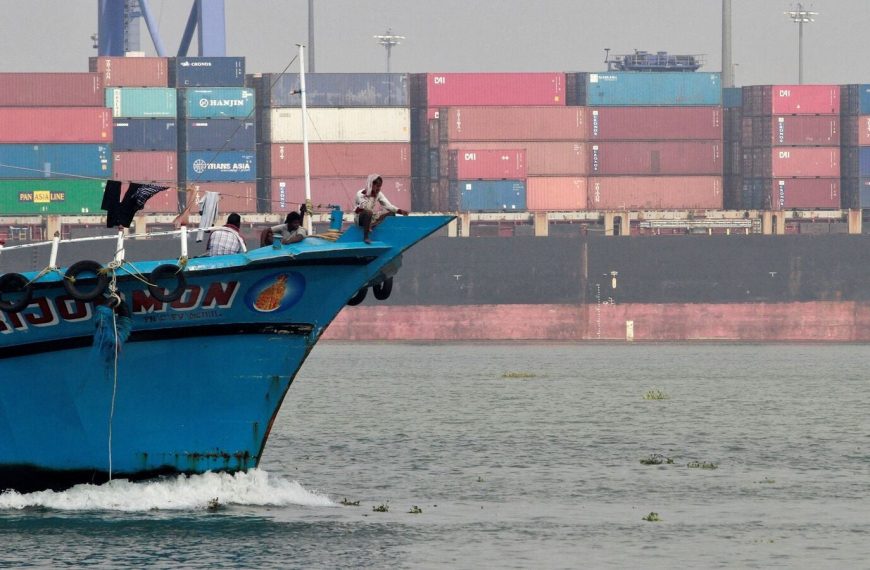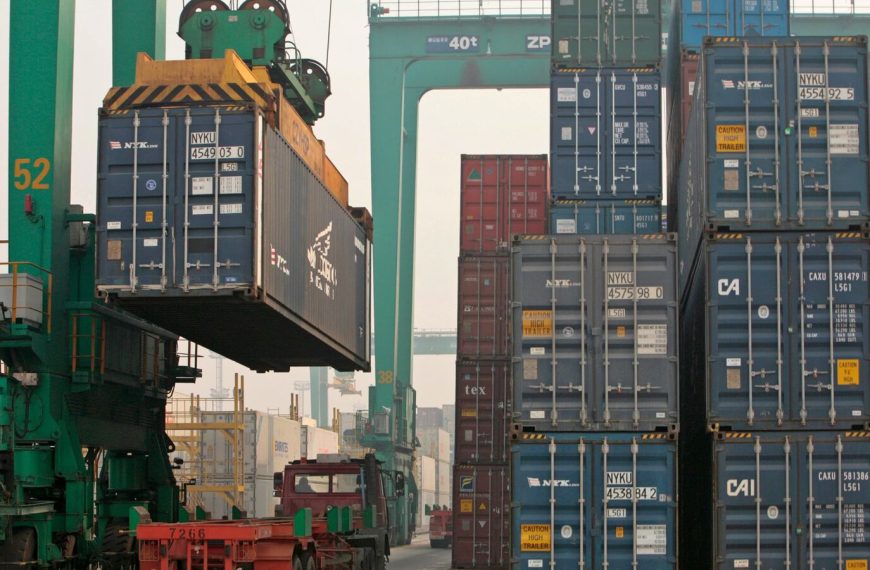Donald Trump’s recent stance on tariff negotiations has left many trade partners puzzled. While he firmly stated there was “no way” he would halt additional tariffs affecting numerous countries, he also hinted at the possibility of negotiation. This duality reflects the complexities of international trade relations as over 50 nations have sought discussions with the White House, with Israeli Prime Minister Benjamin Netanyahu being the first to engage in these talks.
Trump’s Tariff Strategy: Mixed Signals
In the wake of his Sunday announcement regarding tariffs, Trump suggested he might reconsider if other countries could present something “phenomenal.” Yet, just a day later, U.S. Commerce Secretary Wilbur Ross insisted that there was “no chance” of Trump easing his tariff stance. This back-and-forth has left many nations scrambling to understand the U.S. position.
- Singapore is set to launch a task force aimed at mitigating economic risks stemming from escalating trade tensions, as announced by Prime Minister Lawrence Wong.
- Indonesia plans to dispatch a finance team, including veteran Finance Minister Sri Mulyani Indrawati, to Washington D.C. next week for urgent trade discussions. This response comes after Indonesia felt the sting of rising U.S. tariffs, impacting its economy significantly.
Tough Talks Ahead
During a conversation with Japanese Prime Minister Shigeru Ishiba, Trump mentioned that “tough but fair parameters” would be established for tariff negotiations. This indicates a willingness to engage but under strict conditions. Meanwhile, Taiwan’s Foreign Minister Lin Chia-lung expressed that the island is ready for talks with the U.S. regarding tariffs, following a recent stabilization of its stock market after trade-related declines.
China and Israel Respond
In a strong rebuttal, China has vowed to “fight to the end” against the U.S.’s proposed 50% tariffs on Chinese imports. This reflects the intense pressure and ongoing tensions between the two economic giants. On a different front, Netanyahu promised that Israel would eliminate its trade deficit with the United States swiftly, emphasizing the importance of reducing trade barriers.
Future of Tariffs
When pressed about the potential for countries to lower tariffs below the 10% baseline, Trump sidestepped the question, reiterating the supposed benefits of the current tariffs. This leaves many wondering about the future trajectory of U.S. trade policies and their global implications.
As negotiations unfold, nations are keenly observing how Trump’s mixed messages will ultimately shape the landscape of international trade. The ongoing discussions could have lasting effects, not just for the U.S. but for economies around the world.










